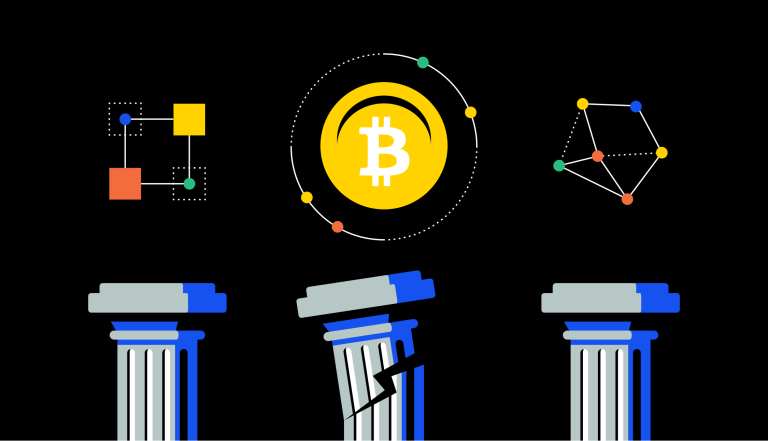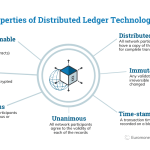It seemed like a good moment to examine some of the most prevalent myths and misconceptions people have about the world’s first cryptocurrency, see if they have any foundation, and set the record straight.
With Bitcoin reaching new all-time highs and significant news breaking nearly every day. This guide is for you if you believe, for example, that Bitcoin’s value is “based on nothing” or that it is too unstable to be used in the real world.
To discover the truth behind the most well-known cryptocurrency in the world, we’re separating fact from fiction while taking necessary risks.
The first myth: Bitcoin is a bubble
While it is true that some buyers of Bitcoin do so in the hopes of making large profits, this does not imply that Bitcoin itself is in a bubble. Economic cycles known as bubbles are characterized by unjustified increases in market value. Investors finally discover prices are significantly greater than an asset’s intrinsic value, causing them to burst.
Bitcoin has occasionally been compared to the infamous Dutch “tulip frenzy” of the 17th century. Speculators drove up the cost of some tulip types 26-fold in 1637. The bubble burst after six months, never fully recovered.
Myth #2: Bitcoin has no practical applications
Bitcoin’s detractors frequently assert that it has little practical application in daily life or, if it does, that usage is mostly related to illegal behavior.
Both of those claims are untrue. Bitcoin has a long history of being used to send payments to anyone in the world without the need for a bank or payment processor. Major institutional investors are also increasingly using it as a gold-like hedge against inflation.
Myth #3: Bitcoin has no true value
Bitcoin may not be backed by a real item like gold, but neither is the US dollar or almost any other form of contemporary fiat money. Bitcoin is immune to inflation because it is hard-coded to be rare. Fiat currency inflation can happen when a lot of new money is printed, diminishing the supply already in existence.
Myth #4: A rival will just replace Bitcoin
The first truly successful digital currency was Bitcoin. Despite the fact that numerous new cryptocurrencies have long promised to surpass Bitcoin thanks to innovative features or other benefits, none have come close.
Myth number five: Buying bitcoins is gambling
While it’s true that Bitcoin’s price has fluctuated a lot over the past ten years, this is to be expected in a market that is still developing. With a market valuation above $1 trillion, Bitcoin has consistently increased in value since its genesis block in 2010. (as of February 2021; see the current market cap).
And as Bitcoin has developed, strong regulatory frameworks in several nations have aided in drawing a wave of institutional investment (Tesla, hedge funds).




